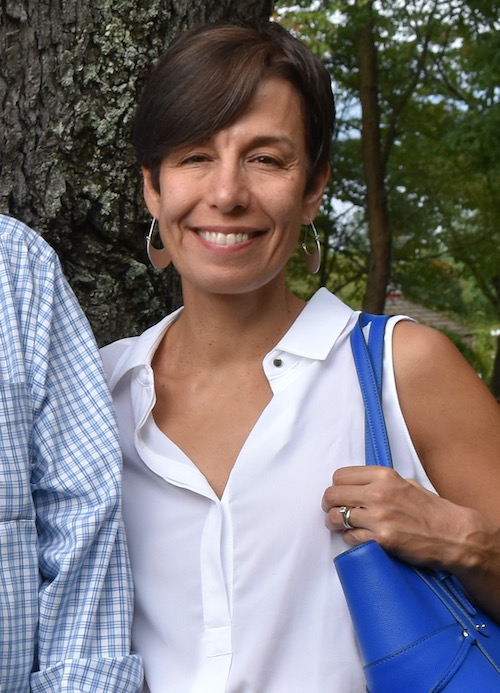I began translating the work of A. B. Šimić with my father’s help. We spent hours at it on the telephone, or on my visits home from graduate school in New York, hunting for the words and precise constructions that would do justice to the Croatian verses. The poems are candles that burn in the abyss, a landscape of desolate fields, still lakes and pomegranates. They are the lines of a stone house against the starry sky of night.
Antun Branko Šimić was born in 1898, in Drinovci, twenty-five miles from the village where my father would later enter the world on a kitchen table, his umbilical cord cut by a sickle. Herzegovina has always been a hungry region, a place of stark beauty and extremes. My grandmother buried two children in its rocky ground and, as soon as she was widowed, fled with her surviving sons to Sarajevo. My father never returned.
But Šimić charted that geography with tenderness, and my father carried a piece of it wherever he went. As a teenager in Sarajevo, during the Second World War, those verses were his starlight and stillness. Amid air raids, reprisals and his mother’s arrest for hiding her Jewish lover, there was still the glow of yellow lamps and the blue face of evening. And when my father gave me a collection of Šimić’s poems a generation later, I saw in them his heart’s call-and-response.
We have translated other Croatian writers together. Tin Ujević. Ivan Goran Kovačić. Even Miroslav Krleža. But nothing moves us as Šimić does.
You do not even know that I have returned and am near at hand.
Povratak/The Return is my favorite of his poems, but I have never been entirely satisfied with my translation of that first line. Slutiti is more “to sense” than “to know”, and I remember suggesting “proximity” for blizinu.
“Ma,” my father had objected in annoyance. “‘Proximity’ is clumsy. It is scientific. It drains feeling from the line.”
“‘Nearness’ is too wishy-washy,” I had countered.
There is an efficiency to Croatian that does not exist in English, an ability to say much with little. English has three cases, German four, Latin six. But Croatian has seven. Seven ways to use a single word, to turn it this way, or that. Otac: the father. Oca: of the father, belonging to the father. Ocu: father as indirect object. Oca: father as direct object. Ocu: towards the father. Oče: hey, you, father! Ocem: with the father. (To say nothing of plural declinations.)
To translate Šimić into English requires constant pruning, knocking phrases down to their lowest common denominator. My goal was faithfulness to the original while maintaining the spare intensity of Šimić’s lines, and our conversations often grew heated. I came to crave the moment my father snapped his fingers to demonstrate that I had unlocked the mystery in English. And it occurred to me, early on, that Šimić’s linguistic complexity matched my father exactly.
know:
it is not the moon circling your house
I am wandering on the blue paths of your garden.
When walking on the road in the dead noon light
you stop,
frightened by the cry of a strange bird
know:
that was my heart’s call from the near banks
And when you see some shadow move in the twilight
from the far side of the dark, silent water
know:
I am walking, proud and exultant
as if beside you.
I am satisfied with the rest of the translation and yet it is the Croatian original that I carry in my head. I know each word, each line break, each exhortation. And I know: Šimić will forever come to me in my father’s voice.




